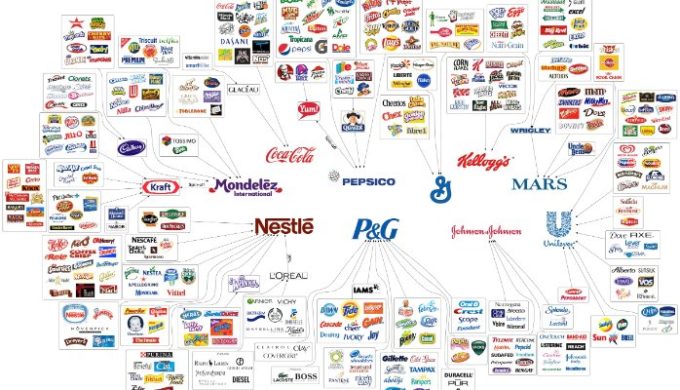 The latest estimates indicate that 8300 million metric tons (Mt) of plastics have been produced to date. As of 2015, approximately 6300 Mt of plastic waste had been generated. Despite the efforts of the last 40 years, only 9% of this material is getting recycled. The environmental impact of plastic pollution is wreaking havoc and if smarter decisions are not made regarding how this material is being managed the effects will certainly be catastrophic for the entire ecosystem.
The latest estimates indicate that 8300 million metric tons (Mt) of plastics have been produced to date. As of 2015, approximately 6300 Mt of plastic waste had been generated. Despite the efforts of the last 40 years, only 9% of this material is getting recycled. The environmental impact of plastic pollution is wreaking havoc and if smarter decisions are not made regarding how this material is being managed the effects will certainly be catastrophic for the entire ecosystem.
We have a plastic pollution problem, not a plastic sourcing problem. It begins in design, not disposal. Whether the resin is petroleum based or bio-based, if that complex molecule that’s been created does not perform in accordance with the common method in which this waste is effectively and customarily managed, especially when the returns contribute to lowering CO2, increasing clean energy recovery and eliminating plastic waste as an environmental pollutant, then the sincerity of the entire sustainability platform should be questioned.
The vast majority of this plastic pollution is coming from FMCG companies that rely on single-use/non-recyclable packaging to deliver goods. The packaging provides unparalleled performance and value in achieving this purpose. However, the post-consumer repercussions are disastrous. Consumers are being used as scapegoats, blamed for low recycling rates and even buying the product in the first place, but most consumers are dutifully ensuring this material is in fact being sent to a managed waste environment. But sustainability professionals within FMCG companies fail to recognize and capitalize on this asset that sits under their proverbial noses.
This problem must be viewed through a different lens and nothing is more critical in accomplishing this then getting a handle on how today’s waste is actually managed and the intrinsic value propositions that exist in complying with these infrastructures.